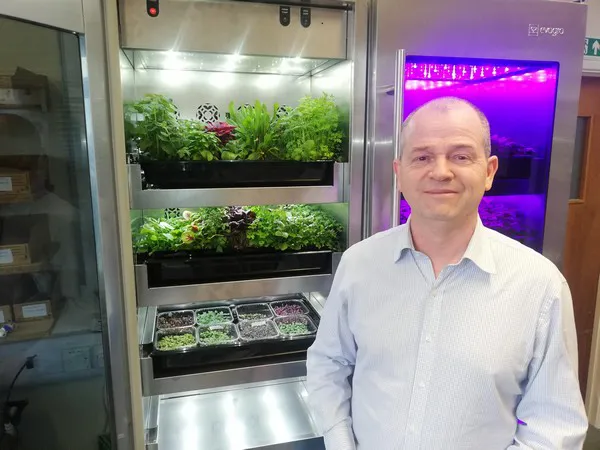Over £1m in funding has been awarded by Growing Kent & Medway to six projects in Kent that aim to make horticultural and plant-based food and drink production more sustainable. The collaborative research grants awarded to Kent-based businesses and research organizations are wide-ranging; from increasing vitamin C and iron levels in tomato crops to making them both more nutritious and better able to cope with stress caused by heatwaves, to reducing food waste by growing the best cherries for longer storage.
The projects will not only help the industry reduce its impact on climate change, helping to reduce carbon emissions, cut food waste or improve the efficiency of resources such as water and energy, but also enable food crops to be more resilient to the impacts of climate change.
Dr. Nikki Harrison, Program Director for Growing Kent & Medway, said: “The assessment panel was impressed with the innovative ideas proposed to tackle some of the biggest challenges facing producers; from controlling significant pest and diseases like spotted wing drosophila and apple canker without pesticides to using new technologies to improve the nutritional value of baby leaf salad crops.

“Collaboration between innovative businesses and the expertise and facilities at research organizations based in the region will not only be of benefit to the local economy but will have a significant impact on the UK’s ability to produce food and drink sustainably.”
Doug Wanstall, Re-generation Earth, awarded a joint grant with University of Kent, said: “Our project will turn farm waste, such as hedge clippings and tree prunings, into biochar - a stable form of carbon that can be incorporated into soils. This has two benefits; to create carbon offsets that can be sold for additional income, and to increase soil fertility.
“Biochar is an ancient technology that we’re looking at bringing in to the 21st century. The benefit for the wider industry will be healthier soils, reducing greenhouse gases and financial resilience for businesses.”
The research projects will start from May 2022 and run for up to 36 months. A second wave of funding will be made available later this year. The projects will make use of three new research facilities in Kent, part-funded through Growing Kent & Medway; The GreenTech Hub for Advanced Horticulture at NIAB’s East Malling site, The Biotechnology Hub at University of Kent, and the Medway Food Innovation Centre at University of Greenwich.
For more information:
Growing Kent and Medway
www.growingkentandmedway.com
